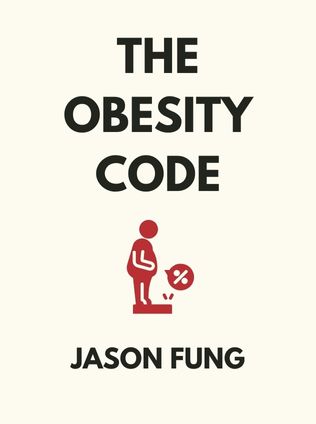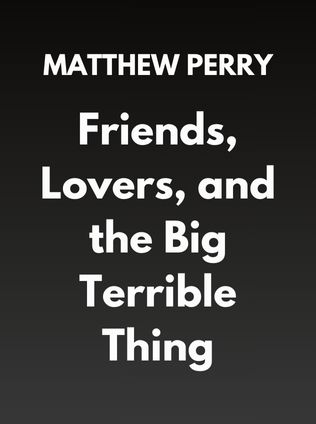
The Obesity Code
Unlocking the Secrets of Weight Loss
By Jason Fung
Published 03/2016
About the Author
Dr. Jason Fung is a Canadian nephrologist and a world-renowned expert in the field of fasting, weight management, and diabetes. With a background in kidney disease management, Fung was motivated to explore the root causes of obesity and type 2 diabetes after witnessing the detrimental effects of insulin therapy on his patients. As the head of the Intensive Dietary Management (IDM) Program in Toronto, he has spent years developing strategies to help patients achieve sustainable weight loss and better health outcomes through dietary interventions, particularly fasting.
In addition to his medical practice, Dr. Fung is a prolific writer and speaker. His books, including The Obesity Code (2016), The Diabetes Code (2018), and The Cancer Code (2020), have been widely recognized for their insightful, evidence-based approach to tackling some of the most pressing health issues of our time. Through his work, Dr. Fung has become a leading voice in challenging conventional wisdom about obesity and chronic disease, advocating for a deeper understanding of the hormonal and metabolic factors that drive these conditions.
Main Idea
In The Obesity Code, Jason Fung argues that the prevailing understanding of obesity as a simple problem of "calories in, calories out" is deeply flawed. He posits that obesity is not a result of overeating or lack of exercise but is instead driven by hormonal imbalances, particularly involving insulin. Fung's comprehensive theory of obesity suggests that high and persistent insulin levels lead to insulin resistance, which in turn causes the body to store more fat and drives overeating. To effectively combat obesity, Fung advocates for a dietary approach that focuses on reducing insulin levels through low-carb diets, eliminating added sugars, and incorporating intermittent fasting.
Table of Contents
- A New Perspective on Obesity
- The Flawed Calories In, Calories Out Model
- The Role of Insulin in Obesity
- The Impact of Diet Composition on Insulin
- The Importance of Meal Timing and Fasting
- Stress and Its Effect on Insulin and Obesity
- Strategies for Overcoming Obesity
- Conclusion: Rethinking Obesity and Embracing a New Paradigm
A New Perspective on Obesity
For decades, the dominant narrative around obesity has centered on the idea that it is a problem of willpower and personal responsibility. The belief that people become obese because they eat too much and move too little has shaped public health policies, medical advice, and even societal attitudes. However, Dr. Jason Fung challenges this view by arguing that obesity is not a simple consequence of gluttony and laziness but is instead a complex hormonal disorder.
Fung's central thesis is that insulin, a hormone produced by the pancreas, plays a crucial role in regulating fat storage in the body. When insulin levels are chronically elevated, the body becomes resistant to its effects, leading to increased fat storage and, ultimately, obesity. This process, Fung asserts, is not under conscious control, which is why traditional weight loss strategies that focus solely on calorie restriction and exercise often fail. Instead, he proposes a new paradigm that views obesity as a hormonal imbalance, one that requires a fundamentally different approach to treatment.
The Flawed Calories In, Calories Out Model
The traditional model of weight management is based on the idea of "calories in, calories out" (CICO). This theory suggests that weight gain occurs when the number of calories consumed exceeds the number of calories burned. On the surface, this seems logical—after all, if you eat more than you need, the excess energy must be stored somewhere, usually as fat. However, Dr. Fung argues that this model is overly simplistic and fails to account for the complex ways in which the body regulates energy balance.
According to Fung, the CICO model is flawed because it treats all calories as equal, ignoring the fact that different types of foods have different effects on the body's metabolism and hormonal balance. For example, "100 calories of high-fructose corn syrup is quite different from 100 calories of salmon," as Fung notes. The former spikes insulin levels and promotes fat storage, while the latter is metabolically neutral and even helps build lean muscle mass.
Sign up for FREE and get access to 1,400+ books summaries.
You May Also Like
The Subtle Art of Not Giving a F*ck
A Counterintuitive Approach to Living a Good Life
By Mark MansonHow To Win Friends and Influence People
The All-Time Classic Manual Of People Skills
By Dale CarnegieFreakonomics
A Rogue Economist Explores the Hidden Side of Everything
By Steven D. Levitt and Stephen J. DubnerQuiet: The Power of Introverts
The Power of Introverts in a World That Can't Stop Talking
By Susan Cain



















